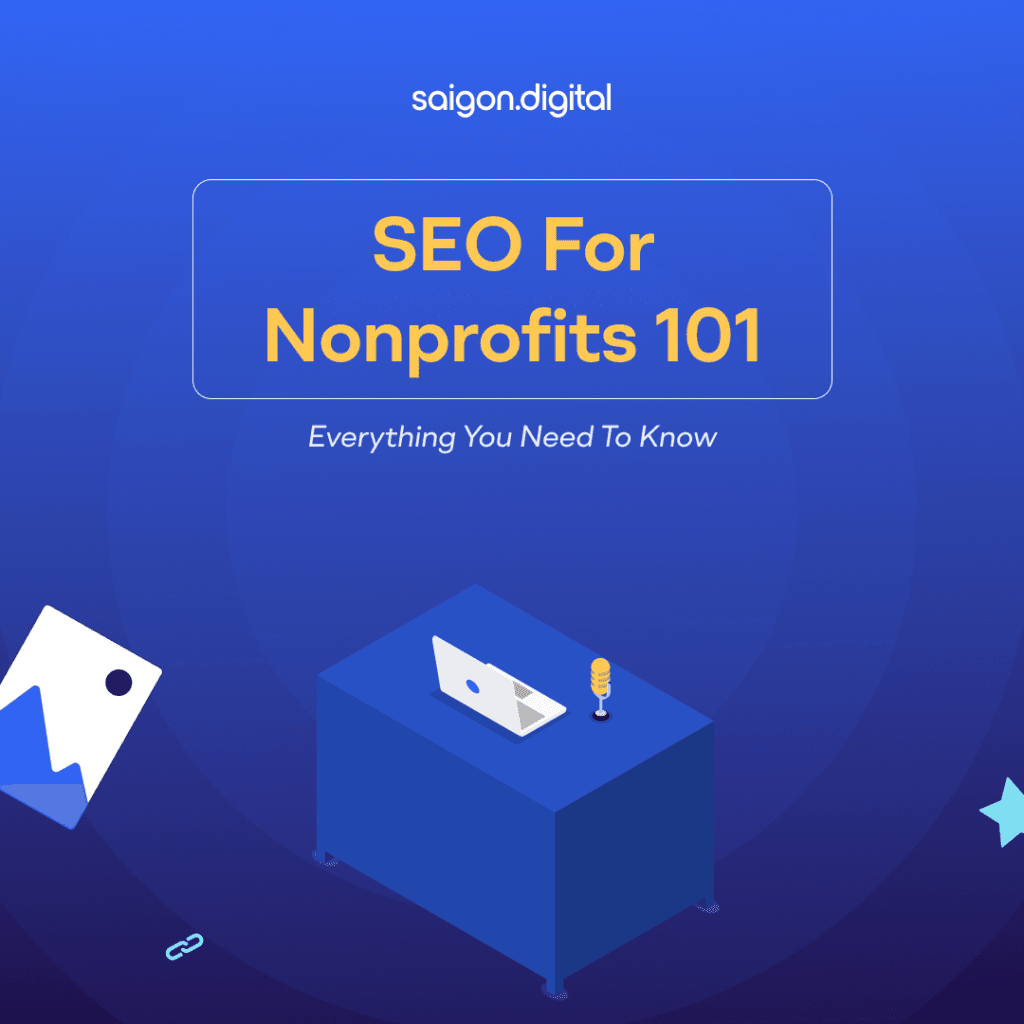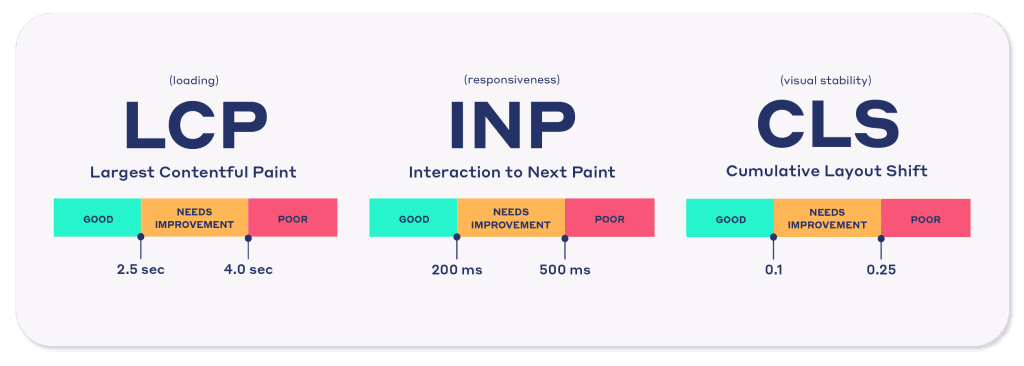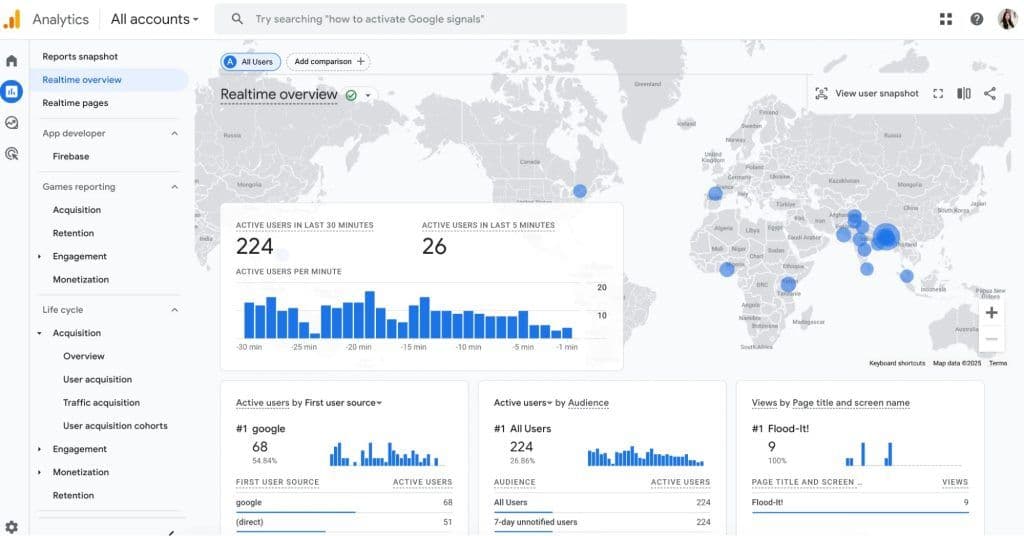
Why SEO Matters for Nonprofits
For nonprofits, every click counts. Unlike commercial businesses that often have extensive budgets for ads and marketing, nonprofit organisations must make the most of limited resources. That’s where SEO shines. By optimising your website to appear higher in search engine results, you can:- Increase visibility for your mission, events, and campaigns
- Reach more volunteers and donors without paid advertising
- Educate the public on the issues you’re tackling
- Build long-term trust through helpful, relevant content
What Is SEO for Nonprofits?
SEO for nonprofits refers to the practice of optimising a charity website so it ranks higher on search engines like Google or Bing. The principles are similar to SEO for businesses, but the focus is driven more by purpose, prioritising visibility, impact, and community connection over profit.Essential SEO Strategies for Nonprofits
Understanding the value of SEO is one thing, putting it into practice is another. For nonprofit organisations, the right SEO strategies can make a significant difference in how effectively you reach supporters, share your message, and grow your impact online.Keyword Research: Speak Their Language
Start by identifying the words and phrases your audience is using to find organisations like yours. These may include:Issues
Ex: “climate justice initiatives”, “animal welfare support” Start by identifying the broader social or environmental issues your nonprofit addresses. These issue-based keywords often reflect what people are passionate about or concerned with. When users search for phrases like “climate justice initiatives” or “animal welfare support,” they’re typically looking to learn, take action, or support a cause. Including these terms in your content helps align your website with the topics your audience already cares deeply about.Services
Ex: “free counselling in London”, “food pantry Melbourne” Think about the specific services your organisation provides and where they’re located. Service-based keywords tend to have high intent and are especially valuable for attracting people in need of direct support. For example, someone searching “free counselling in London” is likely looking for immediate help. Optimising your site for such localised, service-focused terms ensures that your organisation shows up for those who need it most.Actions
Ex: “how to volunteer with refugees”, “donate to mental health charities” Finally, focus on action-oriented search terms, phrases that indicate someone is ready to get involved. Whether they want to volunteer, donate, or advocate, these users are actively seeking ways to participate. By incorporating phrases like “how to volunteer with refugees” or “donate to mental health charities” into your content and calls to action, you’re more likely to connect with supporters who are ready to make a difference. Use free SEO tools like Google Keyword Planner or Ubersuggest to find relevant keywords with strong search intent. Focus on a mix of high-volume and long-tail keywords that match your goals.On-Page Optimisation: Make Every Page Count
On-page optimisation is about ensuring that every element on your website is structured in a way that makes it easy for both users and search engines to understand and navigate your site. Ensure each page on your site includes:Title Tags with Target Keywords
Your title tag is the first thing people see in search results, so it should be clear, relevant, and include your primary keyword. For example, instead of “Home”, use “Youth Mental Health Support | [Organisation Name]”. A well-crafted title improves both click-through rates and search engine relevance.Compelling Meta Descriptions
Although not a direct ranking factor, meta descriptions influence whether users click on your link. Write a short, persuasive summary (around 150–160 characters) that highlights what the page offers and includes a relevant keyword. Think of it as a mini pitch for your content.Structured Header Tags (H1, H2, H3)
Use header tags to break up your content and guide readers through the page. Each page should have one clear H1 (usually the page title), followed by H2s and H3s to structure supporting information. This not only helps users navigate but also makes your content easier for search engines to interpret.Optimised Image ALT Text
Every image on your site should include descriptive ALT text that explains what the image shows, ideally incorporating keywords where relevant. This improves accessibility for visually impaired users and gives search engines more context about your content.Strategic Internal Linking
Link to other relevant pages within your own website to guide users and help search engines discover more of your content. For example, a blog post about fundraising could link to your donation page. Internal links keep users engaged and strengthen your site structure. Every page should serve a purpose, whether it’s informing, encouraging sign-ups, or inspiring donations.Create Valuable, Mission-Focused Content
Content marketing is especially powerful for nonprofits. Blog posts, stories, impact reports, and educational resources not only improve your rankings but also deepen engagement. Examples include:- Explainers on key issues (“Why Clean Water Access Matters”)
- Volunteer stories and testimonials
- Donation guides or fundraising updates
- How-to articles (“How to Organise a Local Beach Cleanup”)
Build Authority Through Backlinks
Backlinks, which are links from other websites to yours, signal to search engines that your content is trustworthy and valuable. To build backlinks:Earn Press Coverage
Getting featured in local or national media outlets can provide powerful backlinks to your site. If your organisation hosts events, launches new initiatives, or achieves a significant milestone, consider writing a press release or pitching your story to journalists. These links not only boost your authority in the eyes of search engines but also enhance your credibility with potential supporters.Write Guest Content
Offer to contribute guest articles or blog posts to relevant organisations, partners, or cause-related websites. For example, if you run an environmental nonprofit, writing for sustainability blogs or university platforms can help establish your expertise. In exchange, most sites allow you to include a backlink to your website in the author bio or within the content itself.List on Directories and Grant Databases
Many trusted websites offer directories or resource lists for nonprofits. Submitting your organisation to sites like GuideStar, Charity Navigator, or relevant grant databases can provide quality backlinks. These links not only aid SEO but also help donors and stakeholders discover and verify your nonprofit’s legitimacy.Leverage Partnerships and Sponsors
If you work with corporate sponsors, local businesses, or community partners, ask them to link to your website from theirs. A mention on a partner’s homepage or event page can bring in valuable referral traffic and signal trust to search engines. Don’t hesitate to return the favour by linking back when appropriate. A strong backlink profile can significantly improve your search visibility.Improve Technical Health
Even the most meaningful content won’t perform if your site is slow, disorganised, or difficult to navigate. Use tools like Google Search Console and PageSpeed Insights to:Fix Crawl Errors and Broken Links
Regularly conduct site audits with tools like Google Search Console for crawl errors, such as 404 pages, redirect issues, or blocked resources. Broken internal or external links can harm user experience and weaken your site’s authority. Make it a habit to fix or update them promptly to ensure smooth navigation for both users and search engines.Optimise for Mobile
With mobile-first indexing, Google primarily evaluates the mobile version of your site when determining rankings. Make sure your website is responsive, loads quickly on smartphones, and has readable text, accessible menus, and tap-friendly buttons. A seamless mobile experience is now essential, not optional.Speed Up Your Site
Page speed directly affects both SEO rankings and user engagement. Use tools like Google PageSpeed Insights or GTmetrix to identify slow-loading pages and bottlenecks. Compress large images, enable browser caching, and reduce unnecessary scripts to improve loading times across devices.Meet Core Web Vitals
Google’s Core Web Vitals focus on real-world performance metrics such as load speed (LCP), interactivity (FID), and visual stability (CLS). Improving these indicators, by refining layout shifts, streamlining code, and enhancing server response, can significantly boost both your SEO and user satisfaction.
Ensure Accessibility and Indexability
Make sure your website is easy to navigate for users with disabilities by following accessibility best practices, such as clear headings, ALT text, and keyboard-friendly design. Also, confirm that your important pages are being indexed by checking your robots.txt file and submitting an updated XML sitemap to Google Search Console. Accessibility also plays a big role, make sure your content is usable by people with visual or motor impairments.Google Ad Grants and SEO: A Powerful Combo
One of the often-overlooked advantages for nonprofits is Google Ad Grants , a programme offering up to $10,000/month in free Google Ads credit. While this isn't SEO per se, it complements your SEO efforts by increasing visibility for key search terms. That said, many nonprofits don’t fully leverage the grant due to poor landing page optimisation or lack of SEO planning. By aligning your SEO and ad strategy, you can drive both paid and organic traffic more effectively.Measuring SEO Success for Nonprofits
SEO success for nonprofits isn’t only about rankings, it’s about outcomes that support your mission. Use these key metrics to track your progress and from there make data-driven decision making :Track Organic Traffic
Organic traffic refers to visitors who arrive at your website via unpaid search engine results. Use Google Analytics 4 to monitor how many users are landing on your site from organic search, and which pages they’re visiting most. A steady increase in organic traffic over time is a strong indicator that your SEO efforts are working.
Monitor Engagement Metrics
Beyond traffic, it’s important to understand how users are interacting with your content. Keep an eye on metrics such as average time on page, bounce rate, and scroll depth. High engagement suggests your content is resonating with visitors and delivering real value, which are crucial for both conversions and SEO performance.Measure Conversions and Goals
For nonprofits, conversions might include online donations, volunteer sign-ups, newsletter subscriptions, or contact form submissions. Set up goal tracking in GA4 to see which pages or search queries are driving these actions. This helps you focus your efforts on content and keywords that directly support your mission.Track Keyword Rankings
Use SEO tools like Ahrefs, SEMrush, or SE Ranking to monitor how your site ranks for your target keywords over time. Pay particular attention to keywords that are central to your organisation’s work. Improvements in rankings for high-intent terms (e.g., “donate to refugee charities”) can directly translate into greater visibility and impact.Analyse Backlink Growth
Backlinks from reputable websites signal trust and authority to search engines. Tools like Ahrefs or Moz can help you track how many sites are linking to your pages and whether these links are from credible sources. Growing your backlink profile is a strong sign of increased recognition and influence in your space. Set clear goals and review your performance quarterly. Tools like Google Analytics 4 and Search Console are free and incredibly useful for this purpose.Practical Tips for Nonprofits Getting Started
If you’re just beginning your SEO journey, here are a few starting points:- Audit your site with Google Search Console and fix basic issues
- Identify 5–10 core keywords relevant to your mission
- Optimise your homepage, About page, and donation page first
- Publish one helpful blog post or story per month
- Register for Google for Nonprofits and apply for Ad Grants
- Reach out to local media, directories, or partners for backlinks





